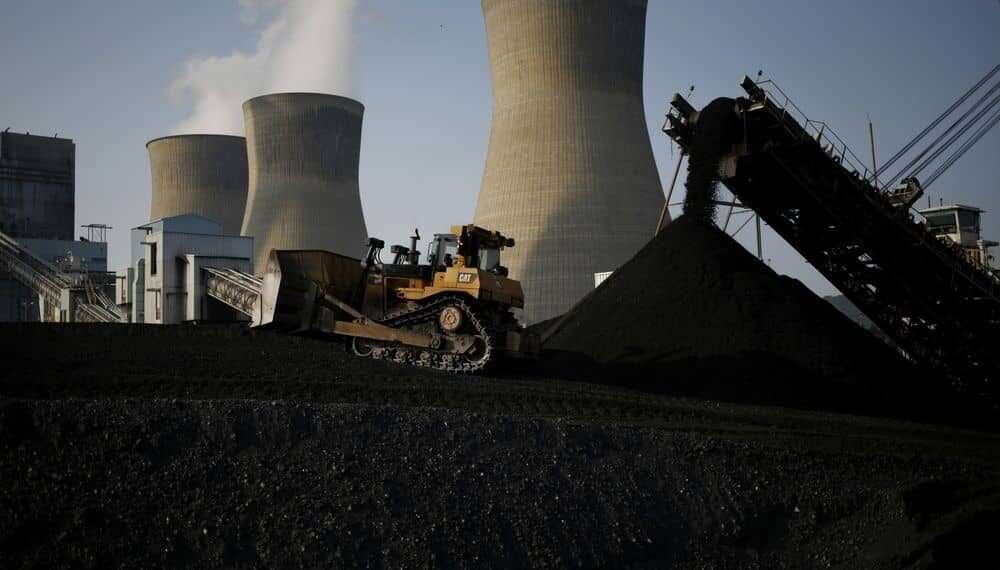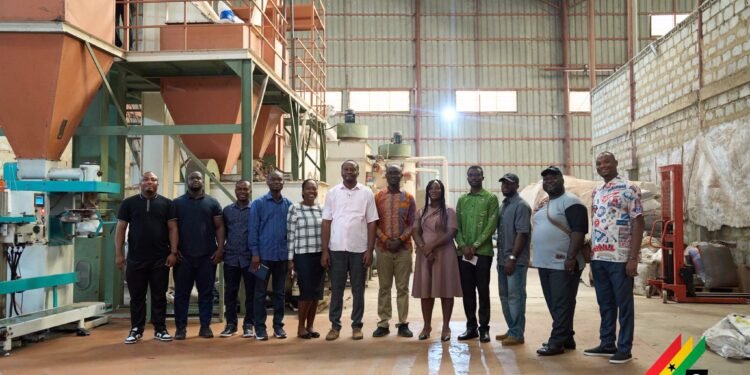South Africa’s coal production is expected to remain on the rise despite pressures to move away from coal-based electricity generation, according to Fitch Solutions.
The global push towards the green transition and a low-carbon economy continues to gather momentum, strengthened by the latest agreements made at the COP26 summit. Key to the COP26 summit deal, the signatories agreed to ‘phase down’ their coal use.
Since the adoption of the Paris Agreement six years ago, there has been a 76% drop in the number of new coal plants planned, indicating a cancellation of over 1000GW of new coal plants. India, Indonesia, the Philippines and South Africa have all announced partnerships with the Climate Investment Funds to transition away from coal power.
South Africa is among the most reliant on coal globally for its electricity generation. It has maintained a high coal power generation over the last 5 years. Fitch expects South Africa’s reliance on coal to average 85.5% between 2022 and 2030, compared with 90.0% over 2014 to 2021.
“Despite rising pressures to move away from coal-based electricity generation, we still expect South Africa’s coal production to rise in the coming years. This is largely due to the country’s heavy reliance on coal fired energy, demand from export markets (in particular Asia and China) and continued financing from South African banks.”
Fitch Solutions
South Africa to Receive Funding to Phase Down Coal Use
South Africa recently announced that it would be receiving US$8.5 billion from Britain, France, Germany, the United States and the European Union over the next five years to accelerate its transition from coal power and support impending structural unemployment resulting from the coal power transition.
Although this could decrease coal-fired electricity generation, South Africa will still most likely remain heavily reliant on coal for now, Fitch said. “Production wise, we expect South Africa’s coal output to remain on a slow uptrend for now despite growing pressures over coal mining.”
According to Fitch, a number of factors will support the domestic coal mining sector in the coming years. First, coal mining will be able to count on political support given its strategic nature for the country in terms of electricity and employment. Second, coal demand in Asia will remain buoyant in the coming years.
China has recently emerged as a significant importer of South Africa’s coal. With a consumption rate of 4.14 billion tonnes, China is the largest consumer of coal globally.
Since the beginning of 2021, China looked to alternative coal markets such as South Africa to meet its demand for coal power amid its challenges with power shortage. While China imported no coal from South Africa between 2015 and 2020, over January-September 2021, it imported 4.4 million tonnes of coal.
“Despite financing pressures and China’s recent vow to stop financing coal mining and coal fire plants overseas, we still believe the country will finance some coal projects and mines as a key priority is its energy security.”
Fitch Solutions
Meanwhile, Fitch finds no key risk to the commencement of new coal mining projects in South Africa, although coal production may remain on a slow uptrend in the coming years.
READ ALSO: Cal Bank Stocks Drift into the Red Zone on Reduced Transactions























